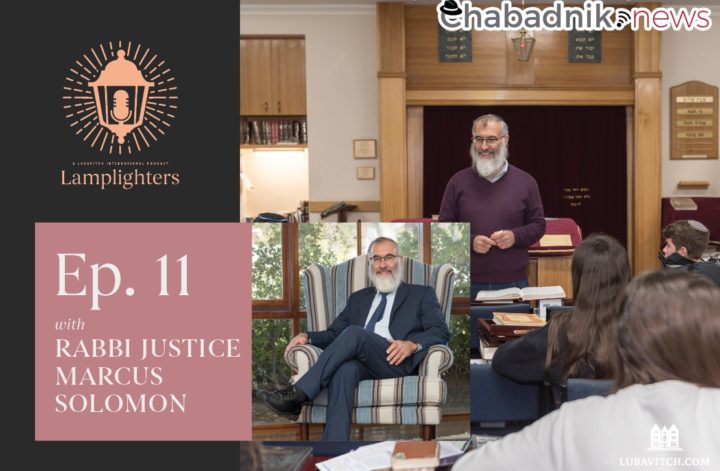Purim is a joyful Jewish holiday (this year on Thursday, March 20) celebrating the end of frosty winter as well as the salvation of the Jewish people in ancient Persia thanks to the bravery and intelligence of beautiful Queen Esther.
The celebration is always marked by high spirits and plenty of refreshments and fun. And there are ways to make this wonderful holiday accessible to everyone, including celebrants who deal with various challenges ranging from food allergies to autism.
There’s a common perception that creating an accessible place of worship and community takes thousands of dollars and years of work. But increasing accessibility doesn’t necessarily mean investing money. It means investing thoughtfulness.
What we learned when we hosted our first annual “Inclusion Shabbat” last month at our Colonie Chabad Jewish Center could be useful to those planning Purim celebrations. Our objective was to make our center more accessible to the disabled.
We came to realize how simple it is to create a welcoming culture and make some physical changes to ensure accessibility. Most importantly, we also came to discover how affordable it can be.
At our Friday night dinner, we invited a local young woman, Melanie Hecker, as guest speaker to learn how she uses her experience living with autism to educate others about barriers to independence many people with disabilities confront.
Even small tweaks go a long way. Rather than taking everyone’s dietary requirements for granted, we made a conscious decision at our Shabbat meals and Kiddush to be cognizant of food allergies. We made a point of being cognizant of people with allergies, so that they’d feel welcomed and included. Placards near dishes announced the allergens they contained. We ascertained guests’ food preferences and sought to cater to a wide spectrum. It demonstrated care, and it’s something we found practical and doable.
Some people are sensitive to fragrances. We encouraged community members to be aware of the effects their cologne or perfume might have on others. It costs nothing to have these conversations, and the results are immensely impactful.
Thirty years before the Americans with Disabilities Act was signed into law, the Rebbe, Rabbi Menachem M. Schneerson, of righteous memory, addressed the matter of allowing guide dogs into synagogues.
“If it is important for him to attend synagogue, then we must obviously look for ways to enable this,” the Rebbe concluded. It’s crucial that we accommodate everyone in order that they may be included in Jewish life.
Open-mindedness is something we all can achieve. By changing our mindset, we can make an enormous impact enabling others to feel more welcome, even without a very large budget.

